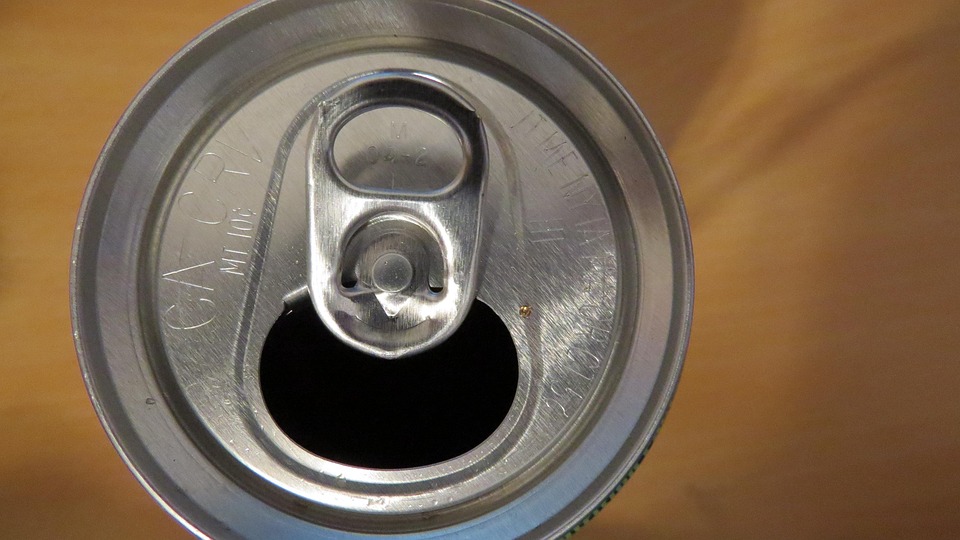Can A Dirty Air Filter Cause A P0299 Code

The P0299 diagnostic trouble code (DTC), signifying “Turbocharger/Supercharger ‘A’ Underboost Condition,” is a common headache for automotive technicians. While often attributed to more complex issues like a failing turbocharger or a boost leak, a seemingly innocuous culprit – a dirty air filter – can indeed trigger this code. Understanding how and why requires a deep dive into engine management principles and component interaction.
The Role of the Air Filter in Boost Management
The air filter's primary function is to prevent particulate matter from entering the engine's intake system. A clean air filter offers minimal resistance to airflow, allowing the turbocharger or supercharger to draw the necessary volume of air for optimal performance. However, a heavily soiled air filter significantly restricts airflow. This restriction has a cascading effect on the entire forced induction system.
The Engine Control Unit (ECU) commands the turbocharger to produce a specific level of boost based on various parameters, including engine load, RPM, and throttle position. The ECU monitors manifold absolute pressure (MAP) and other sensors to determine if the desired boost level is being achieved. If the air filter is clogged, the turbocharger has to work much harder to draw in the required amount of air. This increased workload can manifest in two ways:
- Reduced Airflow: Despite the turbocharger spinning faster, the actual volume of air entering the engine is lower than expected due to the restricted intake. This discrepancy between the commanded boost and the actual boost is detected by the ECU.
- Increased Turbocharger Load: The turbocharger spins at higher RPMs to compensate for the restricted airflow. This increased strain can, over time, contribute to premature turbocharger wear and failure. While not directly causing the P0299, it exacerbates the system and can trigger it under certain conditions.
The ECU, observing the lower-than-expected MAP, interprets this as an underboost condition and triggers the P0299 code. It's crucial to understand that the dirty air filter is not directly *causing* a turbocharger failure; rather, it's creating a condition where the turbocharger cannot perform as commanded, leading to the DTC.
Comparing Air Filter Types and Performance
Several types of air filters are available, each with its own pros and cons:
- Paper Filters: These are the most common type, offering good filtration at a relatively low cost. However, they have higher flow restriction compared to other types.
- Foam Filters: Foam filters offer better airflow than paper filters but typically have lower filtration efficiency. They require regular cleaning and oiling.
- Cotton Gauze Filters: These filters, often marketed as performance filters, offer excellent airflow and decent filtration when properly oiled. However, over-oiling can lead to MAF sensor contamination.
- Synthetic Media Filters: These represent a newer generation offering a balance of good airflow, filtration, and long service life.
Pros and Cons of Using Performance Filters (Cotton Gauze/Synthetic):
| Aspect | Pros | Cons |
|---|---|---|
| Airflow | Improved airflow can potentially improve throttle response and slight power gains. | Can allow slightly larger particles to pass, potentially leading to increased engine wear over the long term (though modern designs mitigate this). |
| Filtration | Generally good filtration when properly maintained (oiled for cotton gauze). | Over-oiling can contaminate the MAF sensor, causing performance issues. Under-oiling reduces filtration effectiveness. |
| Maintenance | Reusable after cleaning and oiling (cotton gauze). Some synthetic media filters are washable. | Requires more frequent maintenance than disposable paper filters. Oiling can be messy and requires specific tools and techniques. |
| Cost | Higher initial cost, but potentially lower long-term cost due to reusability. | Initial investment is higher than paper filters. |
Reliability, Maintenance, and Real-World Performance
The reliability of an air filter hinges on its quality and the maintenance it receives. A low-quality air filter, regardless of its type, may degrade quickly, leading to reduced airflow and compromised filtration. Proper maintenance, including regular inspection and replacement (or cleaning and oiling for reusable filters), is crucial for maintaining optimal performance and preventing issues like the P0299 code.
In real-world conditions, a dirty air filter's impact on performance is more pronounced in forced induction engines. Naturally aspirated engines are less sensitive to airflow restrictions, but turbochargers and superchargers rely heavily on a consistent and unrestricted air supply. A dirty air filter can lead to noticeable power loss, reduced fuel economy, and increased exhaust emissions, in addition to triggering the P0299 code.
Troubleshooting and Verification
When encountering a P0299 code, the air filter should be one of the first items checked. Visually inspect the filter for excessive dirt and debris. A vacuum test can also be performed to measure the airflow restriction across the filter. If the filter is significantly dirty, replacing it with a new, high-quality filter is the recommended course of action. After replacing the filter, clear the DTC and monitor the vehicle's performance to ensure the issue is resolved.
Future Trends and the Automotive Industry
The automotive industry is moving towards increasingly sophisticated engine management systems and electrified powertrains. While internal combustion engines are still prevalent, future air filters will likely incorporate more advanced materials and designs to improve filtration efficiency, reduce flow restriction, and enhance engine performance. Nanofiber technology and active filtration systems are potential areas of development.
Furthermore, as vehicles become more connected, air filter monitoring systems may become more common. These systems would provide real-time data on filter condition, allowing for proactive maintenance and preventing issues like the P0299 code before they occur. The focus will shift from reactive troubleshooting to preventative maintenance, ensuring optimal performance and longevity of forced induction systems.
